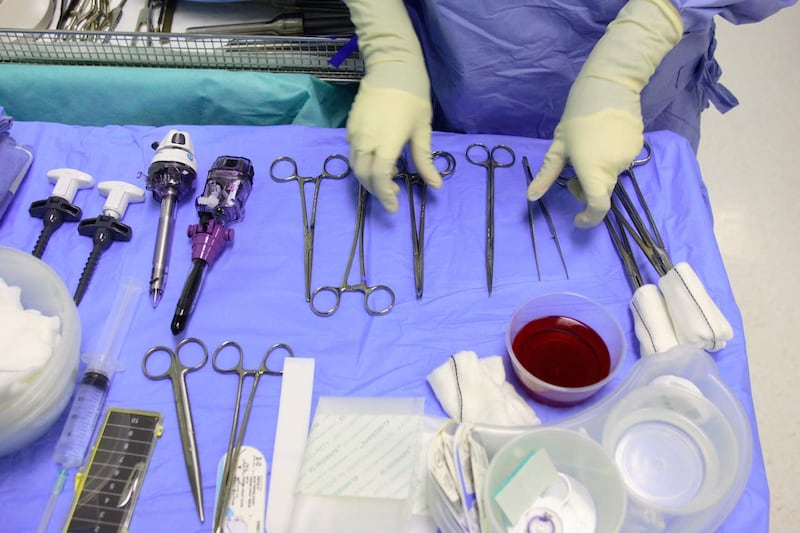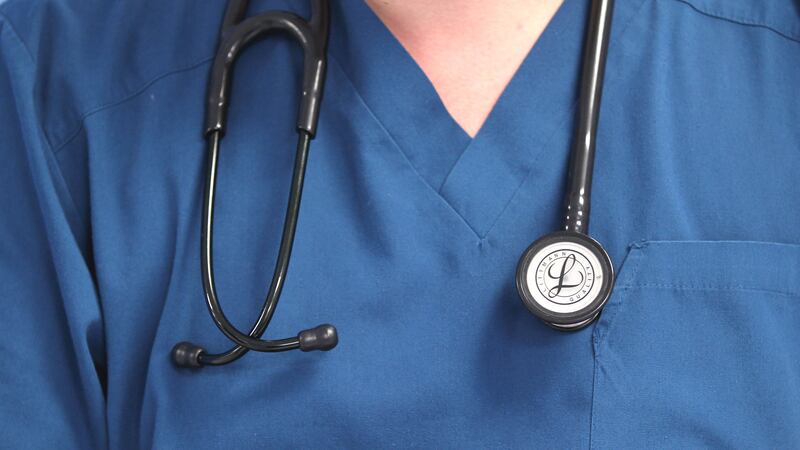An external review into spinal surgery at an Irish children’s hospital has been ordered by the Health Service Executive (HSE) following a number of poor outcomes including the death of a child.
It follows the publication of a Children’s Health Ireland (CHI) report on spinal surgery for spina bifida patients at Temple Street Hospital.
Concerns had been raised over poor clinical outcomes of some complex spinal surgeries including a high incidence of post-operative complications and infections.
That probe was prompted after two serious post-operative surgical incidents in spinal surgery were reported in CHI at Temple Street in July and September.
CHI commissioned serious incident investigations into these two events which are currently in progress.

In addition, concerns about spinal surgery outcomes had also been raised by members of the Spina Bifida Multi-Disciplinary Team (MDT) to their Clinical Director (CD) and the CHI Chief Medical Officer (CMO) between September and November 2022.
The HSE said these reviews examined the care provided by one consultant to 17 children who had complex spinal surgery in CHI at Temple Street.
Of these 17 children, one child sadly died since, and a number of other children suffered significant post-operative complications.
A further two families were affected by the issue of unauthorised devices being used in a small number of spinal surgery procedures, bringing to 19 the total number of families contacted by CHI over the issues.
In its report, CHI said an analysis of 16 case files showed that 13 of the 16 patients (81.2%) required further unplanned surgery.
Patients with minor complications that did not need further surgery had superficial wound problems that were managed with oral antibiotics or nurse-lead wound care in the outpatient department.
The internal analysis showed the overall infection rate for these 16 cases was 73.4% based on microbiology and clinical findings; and the overall rate of wound complication requiring further surgery was 75%.
Overall, nine of the 16 of cases (56%) had mechanical complications of metal work requiring removal.
Ireland has one of the highest incidences of spina bifida in the world, with an overall incidence of approximately 1 in 1,000 live births.
It is estimated that there are currently just under 500 children with spina bifida in Ireland.
The HSE said it had commissioned a UK expert to lead an external review into paediatric orthopaedic surgical services at Temple Street.
The review will be conducted by Mr Selvadurai Nayagam, Consultant in Orthopaedics and Trauma, and Head of the Limb Reconstruction Unit at the Royal Liverpool University and Royal Liverpool Children’s Hospitals.
The primary focus of this external review will be the clinical care provided by an individual Consultant based at CHI at Temple Street, who is currently not conducting surgeries, and in respect of whom a referral has been made to the Irish Medical Council.






